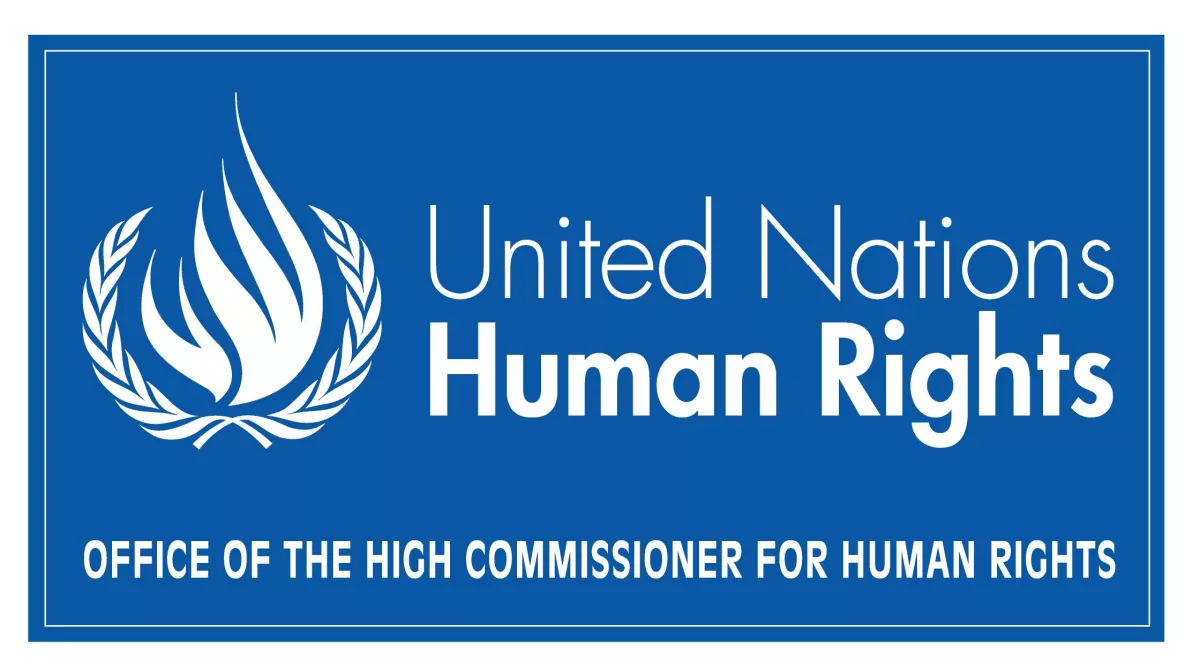US and Israel exit UN Human Rights Council A new era of global justice?
Israel has decided to leave the United Nations Human Rights Council (UNHRC), following the example set by the United States. This was announced by Israeli Foreign Minister Gideon Sa'ar on his Twitter account. According to him, the Council traditionally protects human rights violators, allowing them to avoid scrutiny, while "obsessively pursuing Israel, the only democracy in the Middle East."
Sa'ar also accused the UN body of spreading anti-Semitism instead of promoting human rights. He emphasized that Israel is the only country with a dedicated agenda item in the UNHRC. Over the course of the Council’s existence, more than 100 resolutions condemning Israel have been passed, which accounts for over 20% of all resolutions. He noted that this exceeds the number of resolutions passed against Iran, Cuba, North Korea, and Venezuela combined, something that Israel "will no longer tolerate."
Earlier, U.S. President Donald Trump signed an executive order for the U.S. to withdraw from "radical anti-American UN organizations." Specifically, this includes the United States' exit from the UN Human Rights Council.
The UNHRC is an international human rights body within the UN system that replaced the Human Rights Commission. It serves as a subsidiary organ of the UN General Assembly. The Council's first session was held on June 19, 2006.

On June 19, 2018, the United States had already announced its withdrawal from the Council. At the time, the U.S. Ambassador to the UN, Nikki Haley, described it as a hypocritical organization focused only on its own interests, turning human rights into a mockery. However, on February 8, 2021, President Biden rejoined the UN Human Rights Council, reversing President Trump’s decision. Now, as we see, Trump has once again led the U.S. out of the UNHRC.
Azerbaijan was elected to the first membership of the UNHRC in 2006. However, it immediately faced unwarranted criticism from the human rights organization Human Rights Watch, which, according to many reports, is funded by the United States. In light of the new U.S. leadership’s cessation of funding to USAID, it would not be surprising to see similar measures taken against Human Rights Watch, which has long been criticized worldwide.
In any case, the UNHRC has failed to provide any real assistance in implementing the four well-known UN Security Council resolutions that called for the withdrawal of all Armenian illegal armed groups from the occupied territories of Azerbaijan. And, I remind you once again, the UNHRC is a subsidiary organ of the UN General Assembly! This means that the UNHRC is an organization incapable of exerting real pressure on the occupying country for its failure to comply with the resolutions adopted by the UN against it.
Furthermore, we witnessed an extremely immoral reaction from the European Parliament and several other European structures to Azerbaijan’s full restoration of its sovereignty and territorial integrity following the 44-day war, and later the one-day counterterrorism operation in the Karabakh region of Azerbaijan. This was the height of cynicism!

Unfortunately, the issue of human rights has long since become a weapon in the hands of certain forces in the West. Moreover, it is often not directed at countries that have violated the fundamental rights of large numbers of people. Armenia has yet to face condemnation for its occupation of 20% of Azerbaijani land, the genocide in Khojaly, and the ethnic cleansing in Armenia itself, which resulted in the expulsion of all Azerbaijanis. This is the situation we must fight against.
The first step in this direction may not necessarily be the U.S. withdrawal from the UN Human Rights Council, but we can reasonably expect a significant shift in the United States' approach to human rights globally. A suspension of the 907th Amendment would be a fitting step in that direction. After all, Azerbaijan is committed to protecting civil, economic, and cultural rights, ensuring sustainable socio-economic development, improving living standards, and leveraging information technologies to provide public services to all ethnic groups within its borders. Additionally, Azerbaijan's important role in promoting multiculturalism and fostering intercultural and interreligious dialogue has been repeatedly emphasized.
In contrast, a country like Armenia, with its monolithic society, can hardly claim any achievements in this area. This stark difference is one of the reasons we consistently advocate for an objective assessment of both nations in terms of their commitment to fundamental human rights. Regrettably, we often encounter glaring examples of double standards. However, the withdrawal of the U.S. and Israel from the UNHRC could very well mark the beginning of a fundamental revision of the tradition of using human rights issues as a mechanism to pressure countries that have faced horrific and unpunished crimes committed against them.








